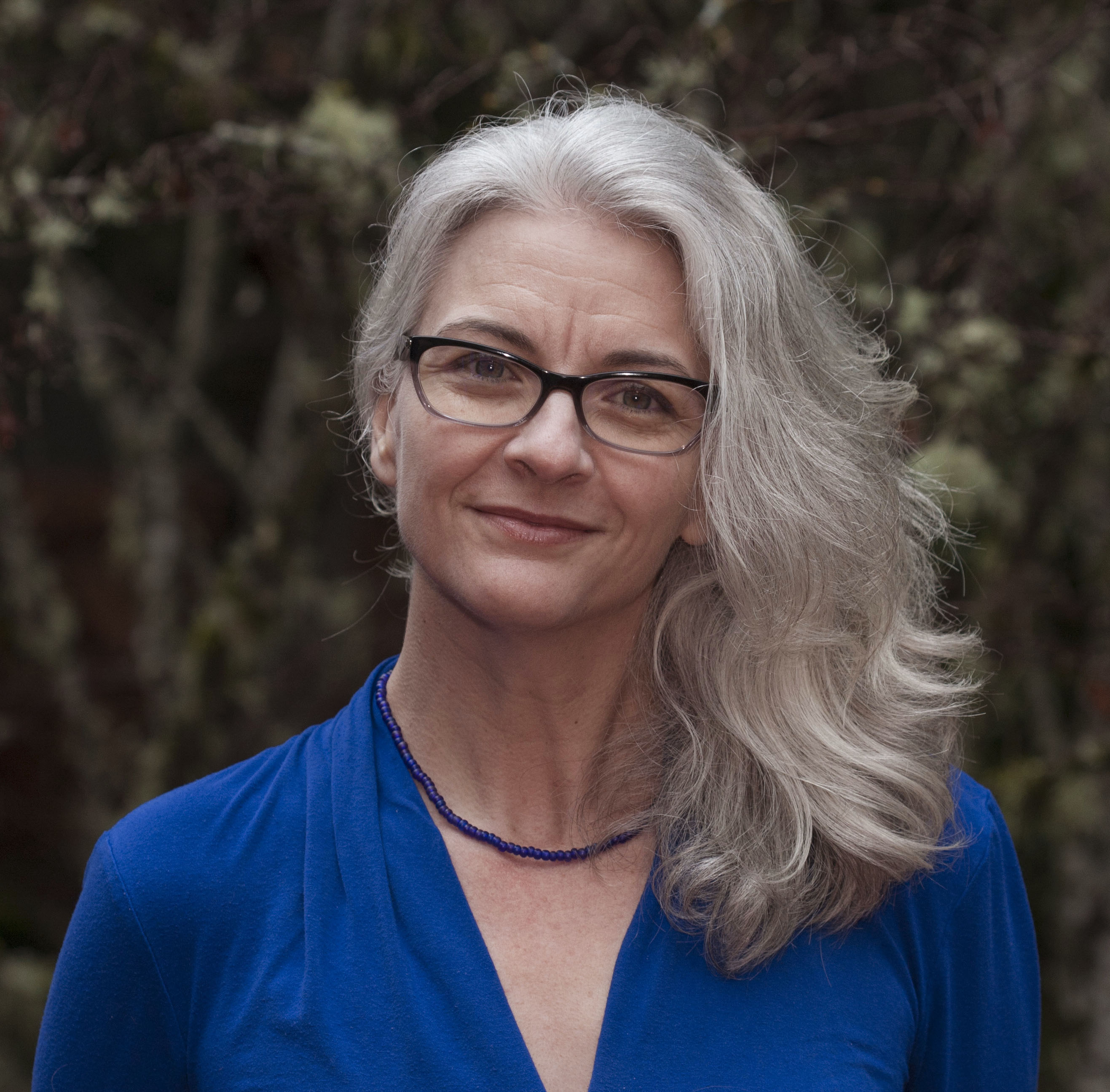
Rebecca Vega Thurber, Director of UCSB’s Marine Science Institute, joins the 2025 Public Voices Fellowship to amplify her research and inspire public action on ocean conservation.
The Marine Science Institute at UC Santa Barbara proudly congratulates our Director, Professor Rebecca Vega Thurber, on her selection to the 2025 Public Voices Fellowship, a prestigious program in partnership with The Op-Ed Project that empowers leading scholars to bring their expertise to national and global audiences. An internationally respected marine microbiologist, Dr. Vega Thurber has dedicated her career to understanding how microbes influence ocean ecosystems and to advancing marine conservation through rigorous science.
Now, through the Public Voices Fellowship, she is expanding her impact by embracing public scholarship.
I wanted to use my voice in a new way, one that is more immediately impactful.
…It’s made me reconsider my position in the science world and given me the know-how to feel confident enough to write more and be more impactful.
She also emphasizes the value of learning to communicate complex science to the public and the empowering network of peers and mentors she’s connected with across disciplines.
As Director of MSI, Dr. Vega Thurber leads efforts to promote interdisciplinary research, environmental stewardship, and scientific communication. Her participation in this program reflects MSI’s broader mission to connect science with society and to elevate voices working on today’s most pressing environmental challenges.
We are thrilled to see Dr. Vega Thurber recognized among UCSB’s exceptional 2025 Public Voices Fellows and look forward to the powerful ways she will continue to influence public understanding of ocean health and climate resilience.
Congratulations, Rebecca—from all of us at the Marine Science Institute!
The Public Voices Fellowship is a year-long program, in partnership with The Op-Ed Project, that helps scholars bring their expertise to the public. Fellows receive training, mentorship, and support to write op-eds and engage in national conversations on important issues. The goal is to diversify public discourse by amplifying underrepresented voices and empowering academics to influence public understanding and policy.